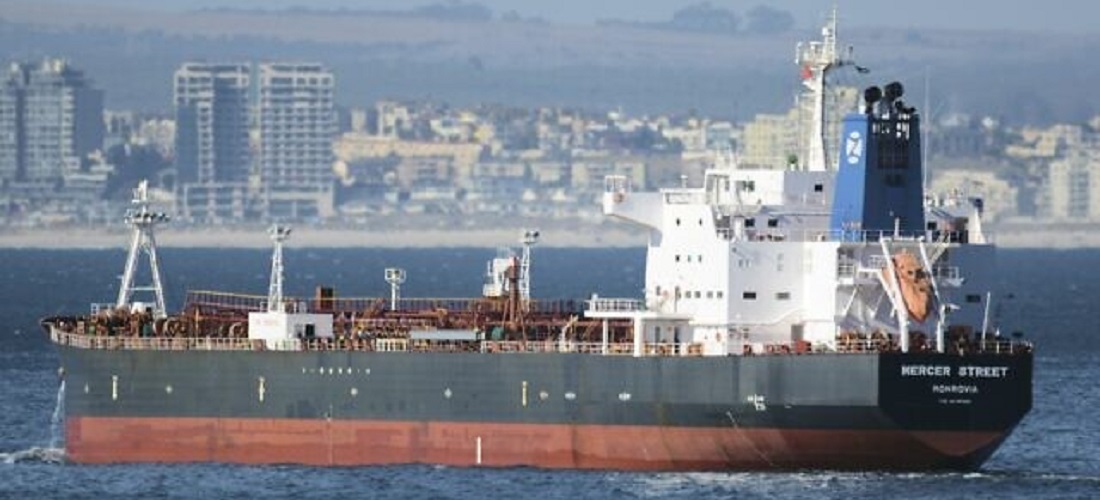
War between Israel and Hamas to have repercussions in grain and fertilizer prices
Oct, 17, 2023 Posted by Gabriel MalheirosWeek 202341
The war between Israel and the armed group Hamas may have repercussions on global grain prices and could also increase fertilizer prices, as indicated by analyses from Hedgepoint Global Markets and Itaú BBA.
“Many factors could influence the grain market due to the escalating conflict, and these effects may vary depending on the events in the coming weeks,” emphasized the consultancy in a report.
Hedgepoint states that increased tensions in the Middle East typically lead to a global risk aversion, prompting a flight of capital from riskier assets like agricultural commodities.
In search of safer assets during geopolitical tensions, market players often shift to investments such as the U.S. dollar. As demand for the U.S. dollar rises, its value tends to appreciate.
“A stronger dollar also tends to push down commodity prices since it makes U.S. exports more expensive, and many major commodity exchanges are based in the U.S. This is especially true for soybeans, which have a strong export orientation in the U.S., competing with another strong exporter, Brazil.”
War and Oil
As seen at the beginning of the Israel-Hamas conflict, oil prices surged due to concerns about potential supply constraints. The Middle East is home to significant market players with tense relations with Israel, according to Hedgepoint.
To some extent, when oil prices rise significantly, it tends to make soybeans and corn more expensive on the Chicago Board of Trade. The rise in fossil fuel prices increases demand for soybean oil and can also encourage interest in ethanol in the U.S., where biofuel is mainly made from corn.
There is also a potential impact of higher oil prices on fertilizer prices. In this regard, Itaú BBA points out that Israel is Brazil’s 6th largest fertilizer supplier, contributing 1.2 million tons and a 4% share of the total imported in the first nine months of the year, which was 28.7 million tons.
Supply and Demand Impact
Furthermore, according to Hedgepoint’s report, depending on the escalation of the war, armed conflict could affect the entire Middle East, a region representing 14% of global corn imports, 17% of wheat, 7% of beef, and 16% of chicken. Notable countries in the agricultural product trade are Egypt, Iran, Iraq, Saudi Arabia, and the United Arab Emirates.
Therefore, the consultancy outlines two possibilities. The first is that countries might begin stockpiling food due to the risk of product shortages.
“Egypt, in particular, may play a key role [in price formation]. Its grain procurement auctions already move the market, and, additionally, the country is the only one, aside from Israel, sharing a border with the Gaza Strip. Therefore, if necessary, Egypt is likely to be the channel through which aid (food, medicine, etc.) could enter the area. Increased short-term demand could provide support for prices,” the consultancy stated.
The second critical factor is how agricultural product exporters will navigate this geopolitical tension. “The U.S. already has a clear alliance with Israel. However, others may face a difficult diplomatic challenge, especially Brazil.”
Hedgepoint reminds us that nearly all the countries mentioned above are among the top ten buyers of Brazilian corn, chicken, and beef. A notable case is Iran, which has almost exclusively imported corn from Brazil for many years.
Source: Globo Rural
To read the original publication, visit: https://globorural.globo.com/economia/noticia/2023/10/guerra-entre-israel-e-hamas-pode-afetar-precos-de-graos-e-fertilizantes.ghtml
-
Ports and Terminals
Jul, 20, 2023
0
Bahia port authority breaks new revenue record
-
Other Logistics
Sep, 29, 2023
0
Paraguay aims at becoming a logistics hub through foreign investment
-
Grains
Apr, 12, 2023
0
Brazil’s Abiove raises soy, soymeal export views
-
Ports and Terminals
Mar, 16, 2022
0
Intermodal 2022: Imetame Port Complex to start operating containers in the second half of 2024


